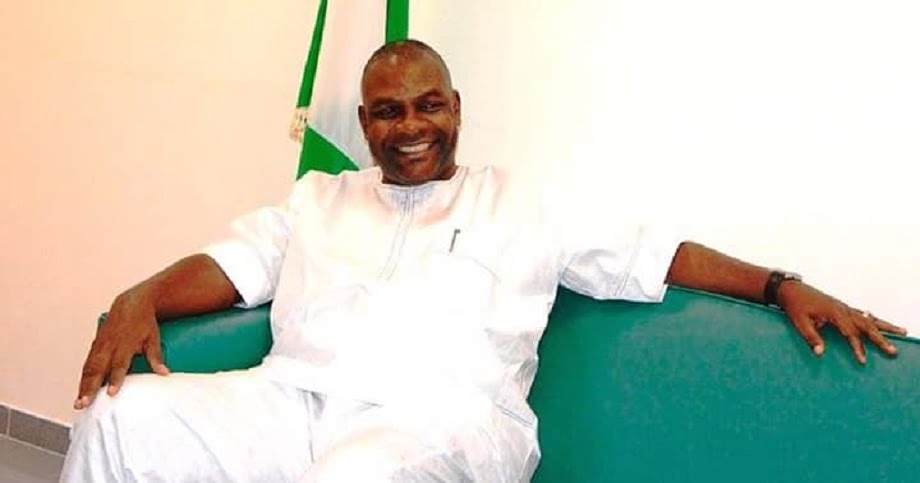The vandalisation of telecommunications infrastructure in the country might have taken a turn for the worse, given the failure of the National Assembly to pass the Critical National Infrastructure (CNI) bill, 10 years after it was presented.The Guardian learnt that the rate of vandalism, especially fibre cuts increased by 60 per cent between 2016 and now. In 2015, the industry recorded about 1,200 cuts. Over 10,000 generating sets have also been lost to miscreants, amid the theft of batteries at Base Transceiver Station (BTS) sites.
In the United States (U.S.) and the European Union, for instance, telecommunications infrastructure are covered by Acts because of the important role the ICT industry plays in national security and the economy.Critical infrastructure protection in the U.S. has been in place since 1996. The Patriot Act of 2001 defines critical infrastructure as those systems and assets, whether physical or virtual, so vital to the United States that the incapacity or destruction of such systems and assets would have a debilitating impact on security, national economic security, national public health or safety, or any combination of these matters.
In Nigeria, the systems and structures that make up these telecoms infrastructure are often taken for granted. Some state governments and agencies even shut down BTS sites, disrupting network services and Quality of Service (QoS) delivery.
The activities of criminals and terrorists and denial of access for the overhaul or upgrade of BTS sites by levy-demanding local residents have adversely affected the industry, setting back sectors like banking and finance, emergency services, air traffic controls and local businesses.The CNI bill, which was prepared in 2008, received some push during the tenure of pioneer Minister of Communications Technology, Dr. Omobola Johnson, but has since failed to arrive at the desired destination.
Unless operators have first level of protection by government, “it will be difficult to continue to provide uninterrupted services with the type of vulnerability experienced by our members and their infrastructure. We kindly request a presidential executive order on ‘Telecom Infrastructure as Critical National Security and Economic Infrastructure’ as provided by the cybercrime law of 2015,” said the chairman, Association of Licensed Telecoms Operators of Nigeria (ALTON), Gbenga Adebayo.
Asked why the bill waited so long at the National Assembly, the ALTON chairman replied: “The lawmakers did not see it as something of interest to them.”His counterpart at the Association of Telecommunications Companies of Nigeria (ATCON), Olusola Teniola, regretted the industry’s tax burden, which has had operators paying about 39 different forms of taxes grossing N450 billion between 2010 and 2015.
The taxes, fees and levies are too many and could hinder foreign direct investment and funds needed to grow the sector, he said.The Guardian learnt some of the taxes worrying the operators include eco tax for gaseous emission; sewage, sanitation and public convenience levy; sanitation and refuse effluent tax; business premises tax for base stations situated in farmlands; and tenements rates charged per base station in some states.
But the chairman of the House Committee on Information and Technology, Shehu Gusau, insisted work was ongoing on the bill.He said via telephone: “The bill is still being held. The public hearing is yet to be done. There are some issues that need to be sorted out between this arm and the executive. It is a bill we are expecting to come as quickly as possible.
“I had a discussion with some House members and they told me they were waiting for some things to be sorted out. You know the process of bills. It will still need to pass through the first reading, second reading and then a public hearing. It then goes back for the third reading. Finally, the two houses concur. If agreed to, it goes to the president for assent.”



2 Comments